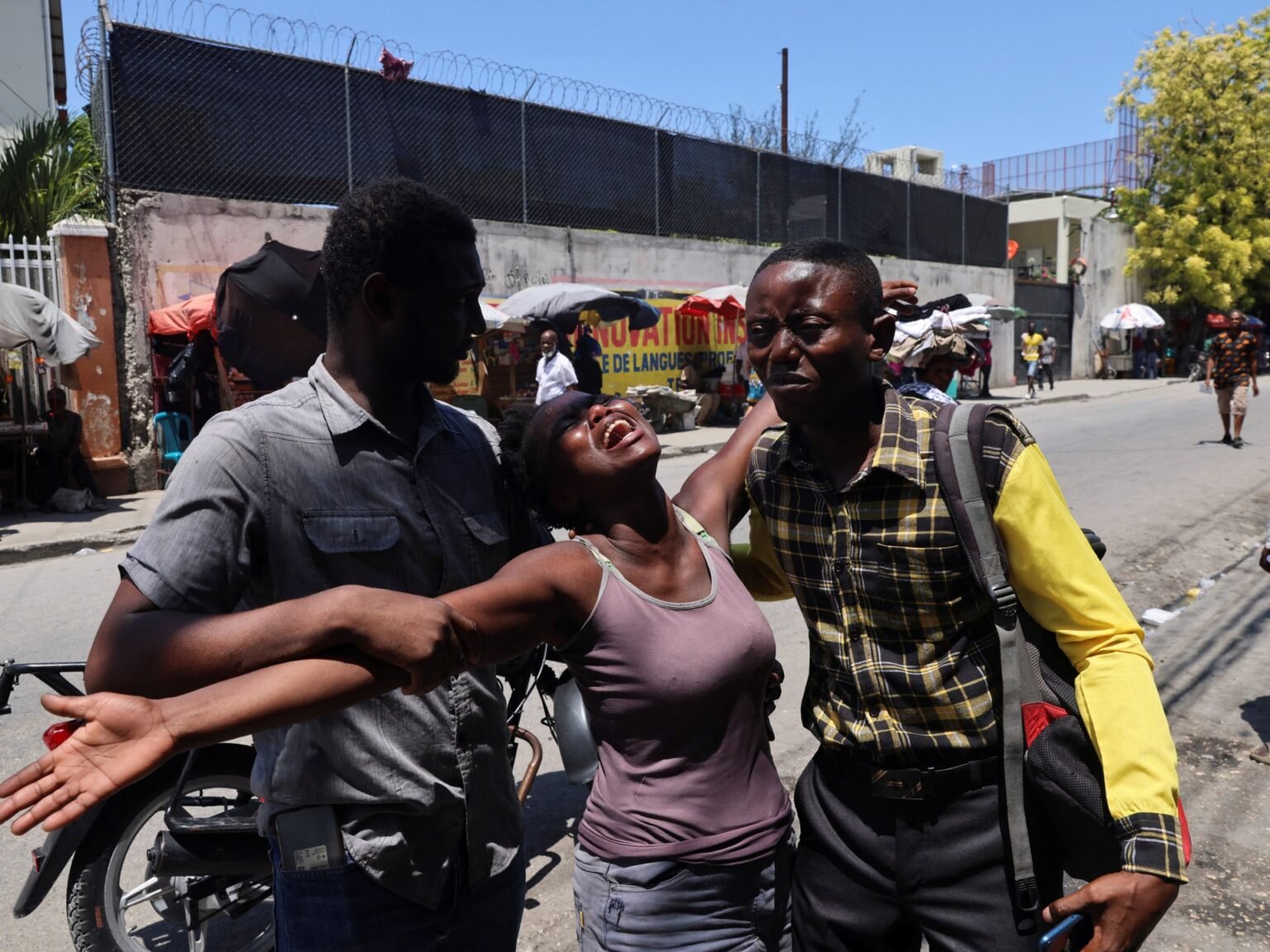The United Nations Office of the High Commissioner for Human Rights (OHCHR) has reported that at least 3,661 people have been killed in Haiti in the first half of this year due to gang violence. This violence has engulfed the country, with powerful armed groups vying for influence and control of territory. The situation worsened drastically at the end of February when gangs launched attacks on prisons and other state institutions in Port-au-Prince. The report documented serious human rights violations in various parts of the country, including the use of sexual violence by gangs to spread fear and subjugate populations.
Arms trafficking is cited as a key factor fueling the violence in Haiti, with weapons coming primarily from the United States, as well as from the Dominican Republic and Jamaica. The poorly monitored airspaces, coastlines, and borders in the country are allowing gangs to obtain high-caliber weapons, drones, boats, and an endless supply of ammunition. The UN rights chief, Volker Turk, has called on the international community to implement a global arms embargo, travel ban, and asset freeze program imposed by the UN Security Council to address this issue.
The surge in violence has led to significant changes in Haiti, including the resignation of the unelected prime minister, the formation of a transitional presidential council, and the deployment of the UN-backed Multinational Security Support Mission (MSS), led by Kenya. While about 10 countries have pledged over 3,100 troops to the MSS, only 430 have been deployed so far. The MSS’s one-year mandate is set to expire soon, and the UN Security Council will vote on whether to renew it on September 30. Haiti has requested the UN to consider turning the mission into a formal peacekeeping operation to secure stable funds and capacity.
The interim prime minister of Haiti, Garry Conille, has called for international support at the UN General Assembly in New York, acknowledging that the country is far from winning the fight against criminal gangs and cannot do so without help. The number of internally displaced people due to violence has nearly doubled in the last six months, with over 700,000 displaced individuals and approximately 1.6 million people facing emergency food insecurity. It is clear that the current mission in Haiti needs adequate equipment and personnel to effectively counter criminal gangs and prevent further devastation to people’s lives.
The UN report highlights the urgent need for action to address the humanitarian crisis in Haiti caused by gang violence. The high death toll, human rights violations, and displacement of hundreds of thousands of people underscore the severity of the situation. The international community is urged to take coordinated measures to crack down on arms trafficking, support peacekeeping efforts, and provide assistance to improve the security and stability of Haiti. The looming decision on renewing the mandate of the Multinational Security Support Mission will be crucial in determining the future direction of efforts to address the crisis in Haiti and ensure the protection of its population.
Related News
Add A Comment










